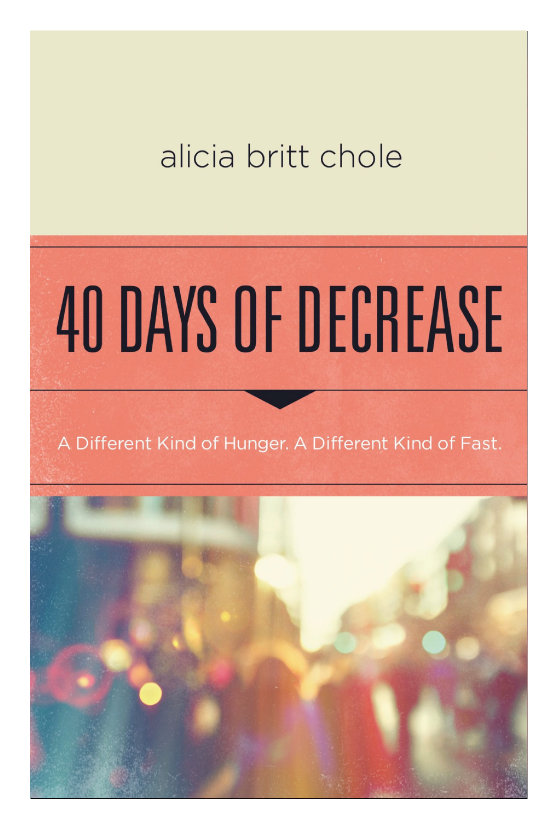
When we equate intimacy with God with a certain set of emotions of feelings, the absence of those feelings can trigger a questioning of our relationship with God. “Did He move? Did I move? Something must be wrong,” we reason, because we “do not feel” what we once did.
When feelings are given the authority to tell us when we are (and are not) intimate with God, we make faith a hostage of our circumstances. Perhaps much of the spiritual anxiety in the church today is related to this misunderstanding that intimacy with God is a feeling as opposed to a state of being.
Yes, we may feel close to God at camp or retreat or with that music or this book. But, oh, that we could interpret such moments as refreshing reminders of what is always true: God is profoundly with us.
Leah Puffpaff Wilson is a dear friend, a former co-worker and mentee, and a brilliant counselor. I called Leah several years back to see if she had any insight into a pattern I was seeing in a few younger generation Christ-followers that I found perplexing.
“Leah,” I began, “One day they are worshiping with all their might, weeping in intercession, and volunteering to go to the nations. Then the literal next day something in their world is frustrating or disappointing and they don’t just become discouraged or confused—they fall off the deep end into incredibly risky behavior. Do you have any insight?” Leah replied, “That’s because their true addiction is to experience.”
I had never seen the behavior from that lens before. Yes, the yo-yo revealed an addiction to experience. Shouting at a concert, singing at church, drinking at a party—all were highly sensory experiences. So when such a soul “just isn’t feeling it” in a worship service, they search for something to feel, well, elsewhere.
Even if we are not addicted to experiences, it serves us well to consider how fully we make experiences the litmus test for intimacy with God.
Intentionality, on the other hand, makes Jesus’ promise the litmus test for intimacy: “I am with you always, to the very end of the age.” (Matthew 28:20) God is already present to His followers. Intentionality, then, focuses upon attending to and interacting with Jesus’ promised presence.
As we discipline our minds to–irregardless of our feelings or circumstances–respect God’s presence in every moment, something magnificent begins to shift. We move away from living solo in our heads and toward continuous engagement with our Savior. This is my life quest. Though I am still an infant in the pursuit of practicing God’s presence, intentionally living present to such Love is beautiful beyond description!







I just want you to know how much I appreciate your writings. Your “Finding an Unseen God” remains one of my favorite books and I read a lot. I look forward to many more inspiring and convicting posts and jottings from you!
I had never thought about addiction to ‘experience’ replacing the heart trust that Jesus is always with us. Wow! Just wow! So much to think about in this post. I want my relationship with Jesus to be solidly based on His presence and Truth. Thanks for such a thought-provoking post.